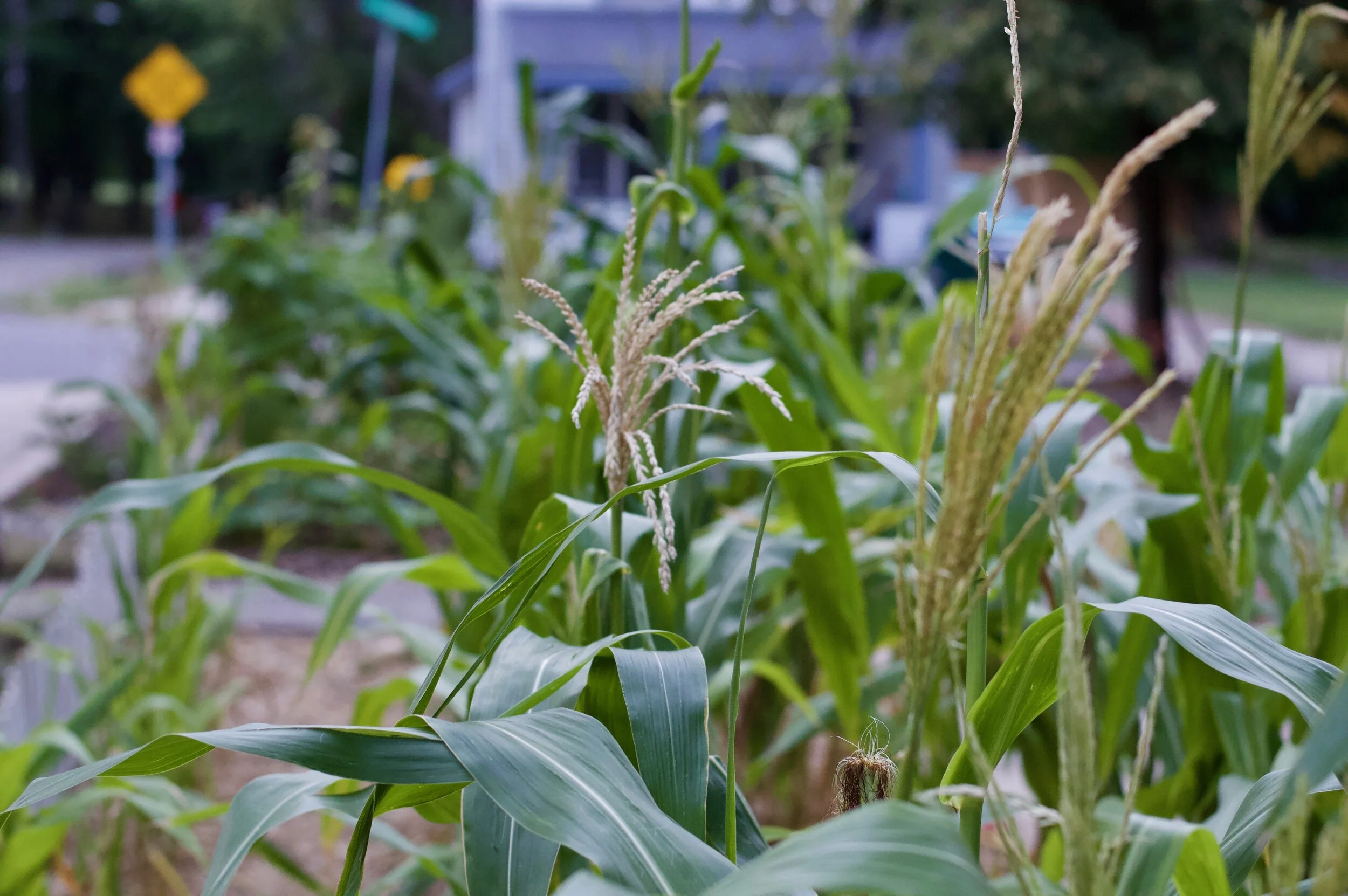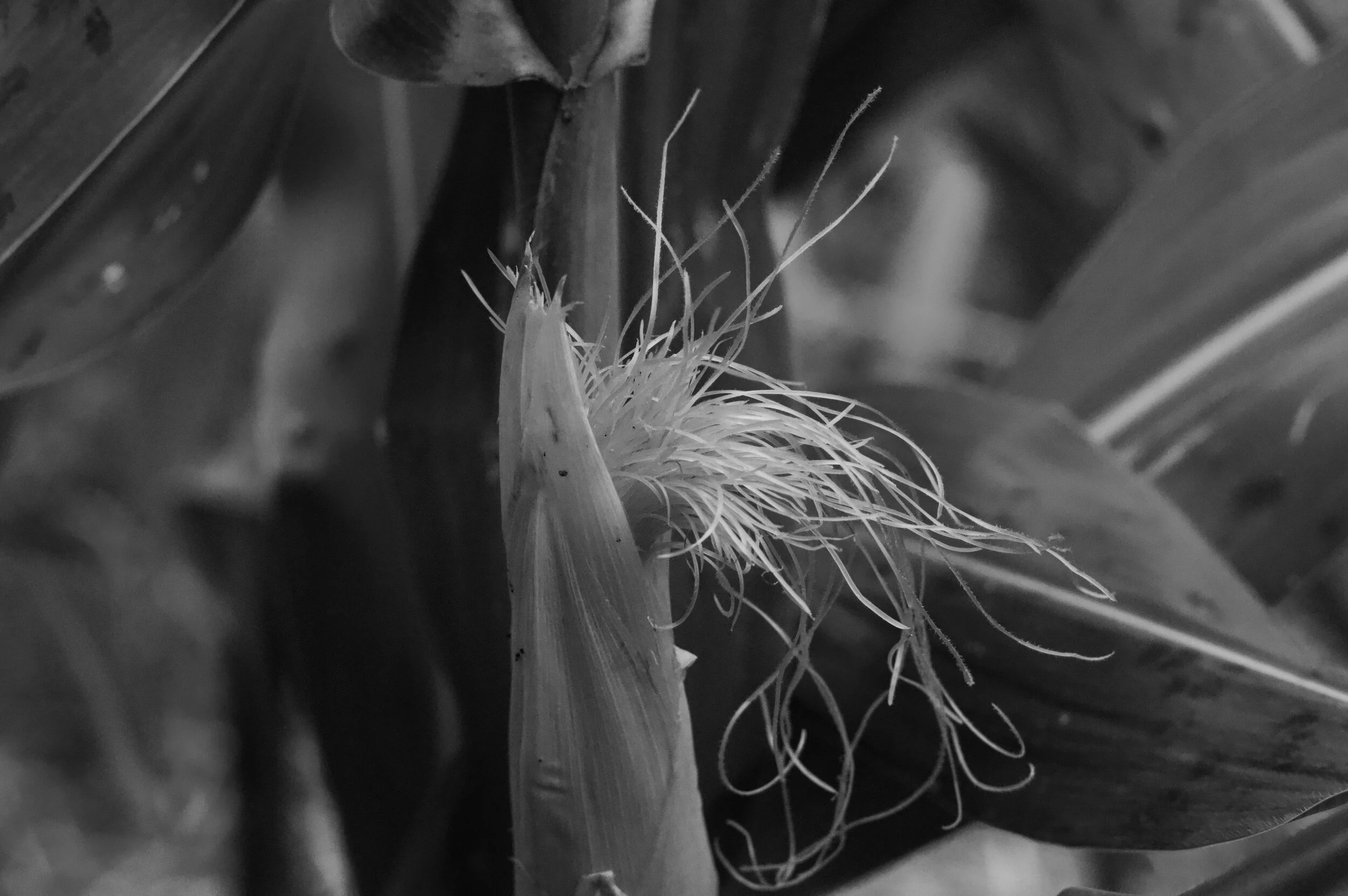Land as rights // Land as responsibility
Land as Rights // Land as Responsibility is a digital meets land-based curriculum module that fits within a one and a half hour session and aims to engage people in reciprocity with land while learning about how treaties are a shared responsibility.
Interested in visiting Giitigan and engaging in Land as Rights // Land as Responsibility? Contact us for more information.
visiting
Traveling Challenge
Coordinate travel to visit Giitigan.
Finding Challenge
Find the land acknowledgement plaque at Giitigan.
Understanding Challenge
Look at the plaque and learn Anishinaabemowin to understand the meanings and connections.
—————————————————————————————
“You are in Nkwejong, part of the ancestral, traditional, and contemporary Lands of the Anishinaabeg."
—————————————————————————————
Anishinaabeg is the plural form of Anishinaabe. Anishinaabe means "The People."
Nkwejong in Anishinaabemowin, the language of Anishinaabeg, means "Where the Rivers Meet" or "Where One Body of Water Flows Into the Next." It describes the Greater Lansing Area, traditionally a trade area where Anishinaabeg gathered to trade seasonally thanks to the way the rivers merge in this place.
The name of the greenhouse where the plaque rests is Kidwin Wiigwaaming, which means "House of Voice." It is a place to speak with plants and one another.
remembering
Gathering Challenge
Gather inside Kidwin Wiigwaaming (House of Voice). If there are many people, set up multiple groups in circles around Giitigan with ways to listen to audio (or read if needed).
Listening Challenge
Engage in listening to the history of truths regarding the 1819 Treaty of Saginaw. Giitigan is an act of reclamation that aims to restore the land and plants.
reciprocity
Positionality Challenge
Treaties are not a one way agreement. All people are responsible for understanding and respecting treaties.
Hold a moment of personal reflection about where you are positioned in relation to treaties and how you can fulfill a role of responsibility.
Connecting Challenge
Before tending plants, it is important to know their names. Read the name plaques in Anishinaabemowin. Their names reflect culturally rooted science.
Tending Challenge
Tend to the plants. Ways to help at Giitigan will vary depending on the season, weather, and what stages the plants are in. You may plant seeds, plant seedlings, water plants, pull weeds, move rocks, move soil, move mulch, dig holes, or provide in another way.
Sovereignty
Imagining Challenge
Gather in a talking circle in Giitigan as a collective community. Giitigan hopes to see a future where food sovereignty is abundant. Food sovereignty is having access to and say in food, whether through gardening, gathering, hunting, or fishing. As a garden, Giitigan focuses on plants and medicines.
Introduce the talking circle questions and give everyone a few minutes to reflect personally. Then proceed in a circle moving clockwise. Anyone who wants to skip speaking may do so.
Introduce yourself. What are your hopes for a future of food sovereignty?
When everyone has had an opportunity to speak, introduce the last question and begin the circle again.
What is your role in this future and what can you do now to enact this future?
This project was made possible by support from Michigan State University’s Residential College in Arts and Humanities (RCAH), College of Arts and Letters (CAL), and College of Agriculture and Natural Resources (CANR) – in collaboration with American Indian and Indigenous Studies (AIIS), the Indigenous Law and Policy Center (ILPC), and the Native American Institute (NAI) through ‘Understanding Treaties.’









